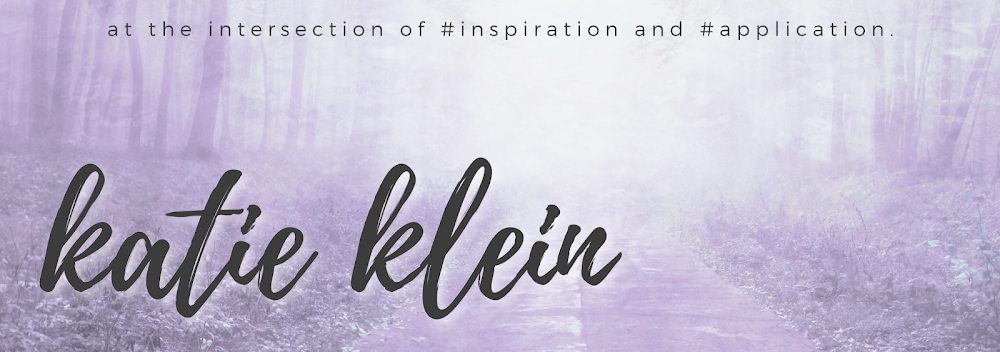Rejection is the universe's way of saying there's something better out there for us--that we're worth more than whatever this thing we are pursuing has to offer right now.
For writers, a rejection could mean there's a better publishing house, a better agent, a better journal, or even a better path than the one we're currently working toward.
Maybe we didn't place in that anthology contest, but there's a literary magazine we can submit to that will showcase our writing in a more effective way. Maybe we're not right for that agent's current list, but there's an agent we haven't submitted to yet who is going to champion us 100%. Maybe the book hasn't found a home because it's too niche, but we can reach our market more effectively by self-publishing.
On the other hand....
Sometimes the rejection happens because the writing isn't ready or the story isn't as strong as it could be or the novel is missing that extra something that will make it stand out. Maybe the rejection is telling us that this obstacle will be one that helps us grow--it's going to turn us into better writers and storytellers.
When it comes to rejection, though, we just need to trust the universe (that LIFE!) is supporting us.
Soren Kierkegaard said: "Life can only be understood backwards; but it must be lived forwards."
We're not going to fully understand the path that we're on as we experience it, and, when we're in the middle of it all, it's so easy to lose hope.
But the universe WANTS us to succeed.
It's working for us and it's working with us. And whether it's for our growth or because something better is headed our way, that rejection is going to be what sends us down the right path: exactly where we're meant to be.
Be Brilliant!
~Katie~


